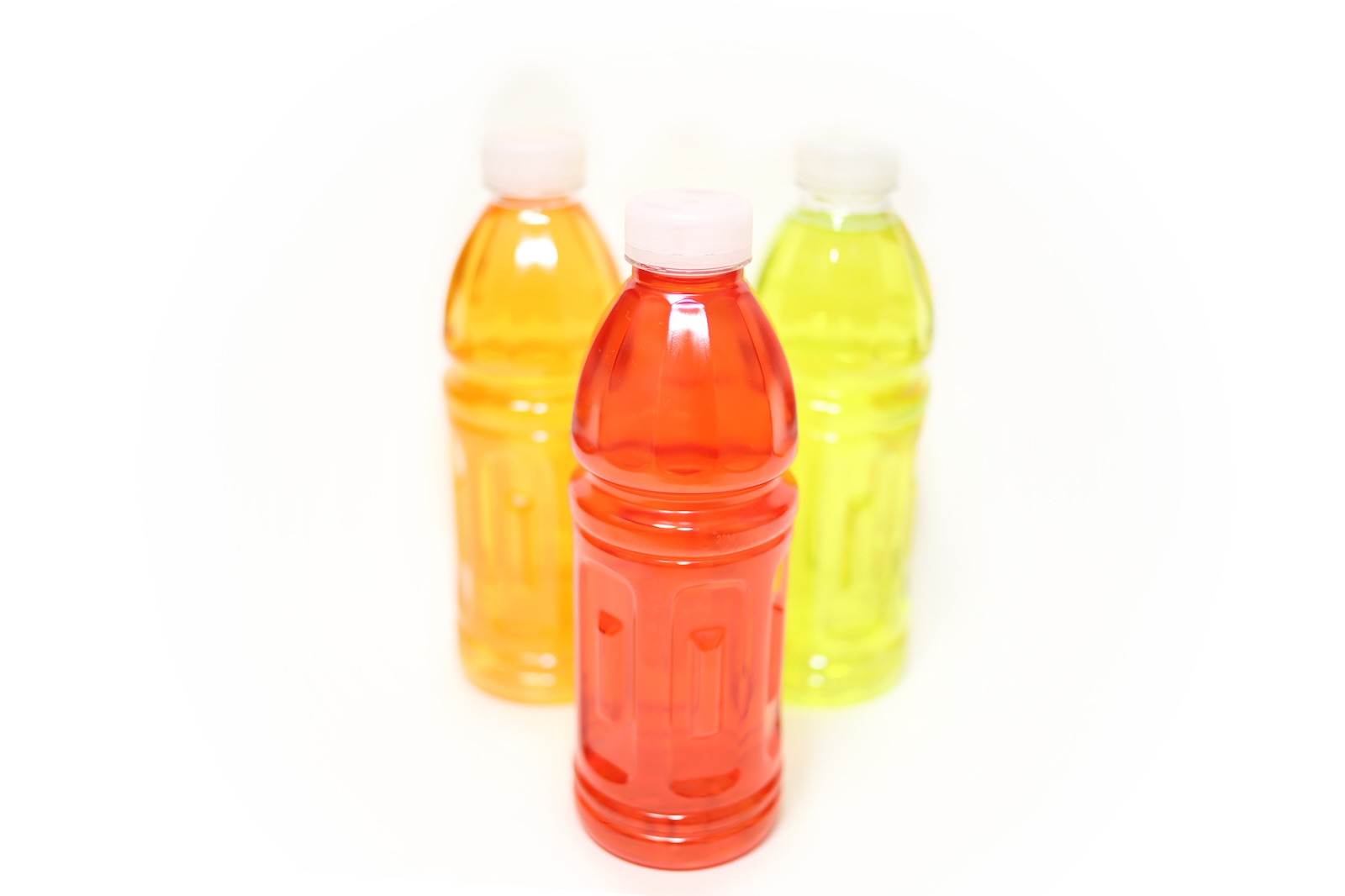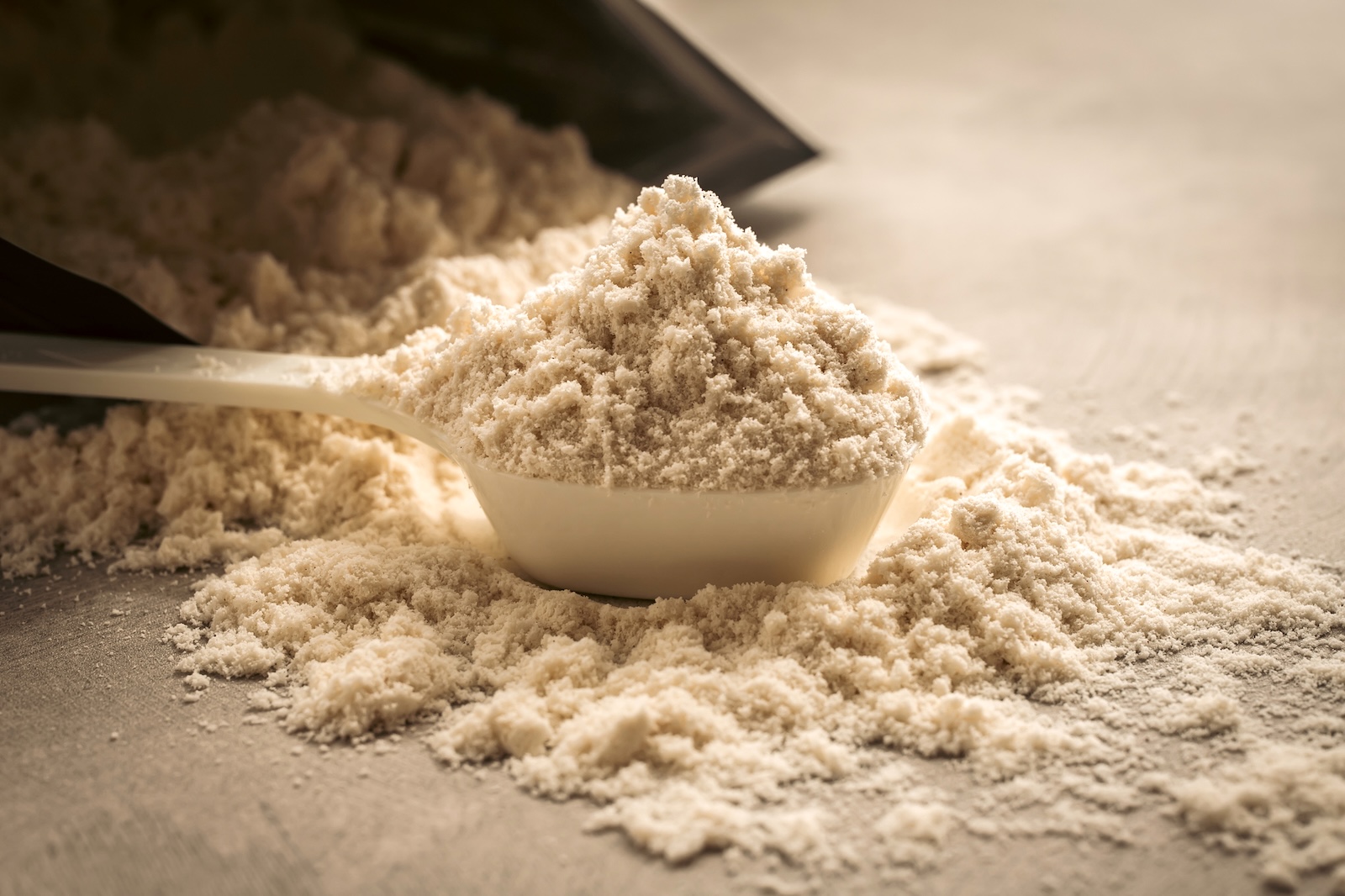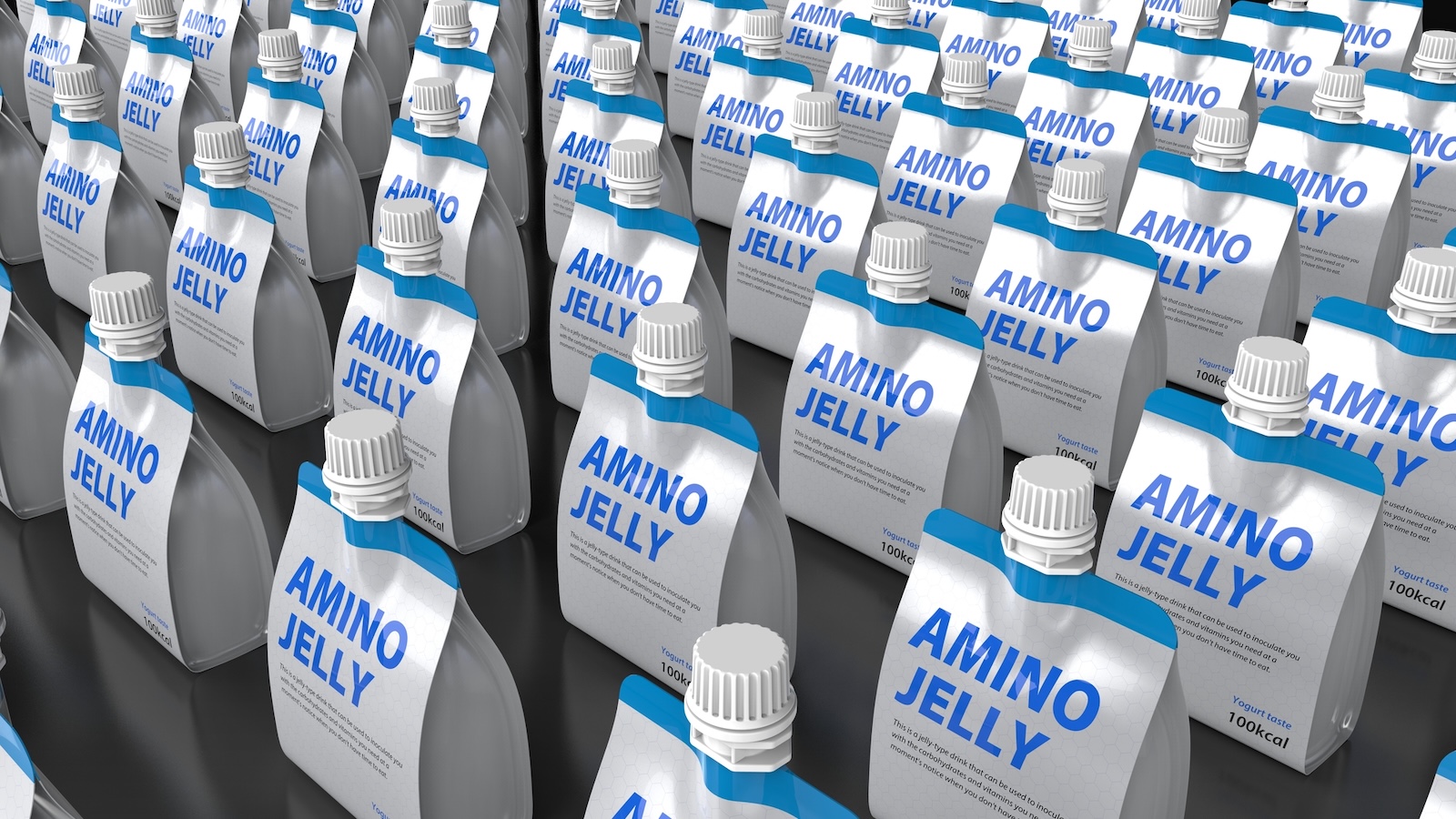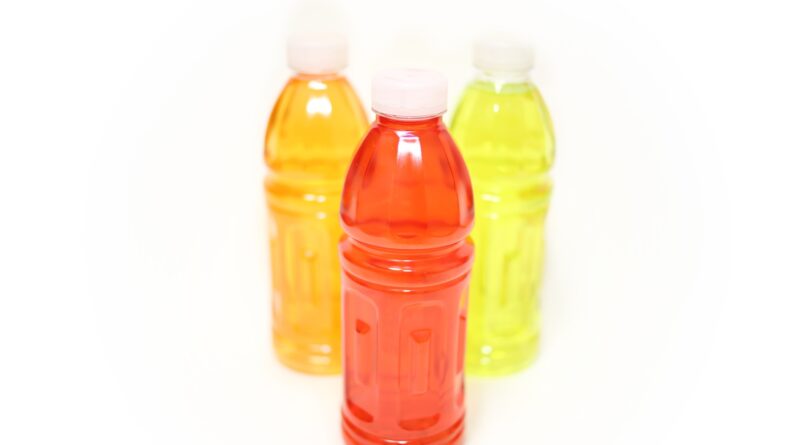Popular sports drink supplements in Japan: Tips from a Tokyo food expert
As the weather begins to cool and people resume their holiday schedules after summer, this time of year finds many Japanese citizens returning to exercise and sports. Running or hiking is no longer an option and children are more focused on sports, with October being the month of many schools. his disgust (sports day) celebrations.
Whether you’re a regular exerciser or looking to get back into exercise, you may be wondering how you can boost your athletic performance or recovery with proper nutrition. While I advise my patients to focus first on eating a healthy and nutrient-dense diet, there are times when a specific ergogenic aid – defined as a supplement, food or ingredient that improve the performance of sports – it can be suitable.
However, which supplements should you take and which can you choose in Japan?
Here are four of the most popular Japanese sports supplements and who can benefit from adding them to their diet.
Please note that the information provided in this article is for educational purposes only and does not constitute medical advice. Before making any changes to your diet or starting any supplements, it is important to consult with a qualified health care provider, such as a physician or registered dietitian, to ensure safety and right for your specific health needs.
1. Electrolyte drinks

Explanation. Image: May/Pixta
You don’t have to be an exerciser in Japan to appreciate the wide selection of electrolyte drinks available at almost every vending machine and convenience store. As summer in many parts of the country is hot and humid, many residents use electrolyte drinks to cool down, quench their thirst and replace electrolytes lost through sweating.
Although the correct electrolyte composition will vary by brand, the most popular electrolytes found in these drinks include sodium, chloride, potassium, magnesium and calcium.
- Benefits
For those who exercise for a long time or sweat a lot, replacing electrolyte levels will not only improve performance but also prevent problems caused by electrolyte depletion, such as muscle weakness, pain, dizziness and irregular heartbeat. - Opinions of nutritionists
Although this will vary depending on the individual, weather, diet and exercise intensity, most exercisers should not have to worry about replacing electrolytes for less than a minute of exercise. e 60. The two minerals most lost in sweat, sodium and chloride, are readily available in food, especially in a country like Japan where salt and sodium are high due to the frequent consumption of foods containing high sodium like soy sauce and. dashi.
For those who don’t need it, these drinks can add unnecessary salt and calories as many are sweetened to add carbohydrates or enhance flavor. However, for long-term training, electrolyte replacement is necessary, both during and after exercise. To find the right amount of electrolyte replacement for you and your type of training, consult a registered dietitian. - Japanese elections
Although the most popular electrolyte drink is Pocari Sweat, there are many different options available, including gels and tablets. For those looking for an electrolyte drink without added sugar, Coca-Cola Japan makes a sugar-free option called Aquarius Zero.
2. Protein powders and drinks

Explanation. Image: shironagasukujira/Pixta
Once considered a supplement only for the most serious of bodybuilders, many regular exercisers and non-athletes alike are turning to protein powder to meet their nutritional needs. protein. Most of the protein bars sold in Japan are made from whey, soy or other plant-based protein mixes such as pea or brown rice protein. These can be mixed with water or other liquids such as milk or added to food to increase overall protein. There are also a growing number of ready-to-drink options available in a wide variety of protein varieties.
- Benefits
For those who need to increase or maintain muscle mass, supplementing with a high-quality protein powder can help meet their protein goals if they struggle to eat enough. Protein powders and drinks may be more convenient, as protein powders do not require refrigeration, and ready-to-drink options are readily available at convenience stores. - Opinions of nutritionists
While I encourage my patients to get plenty of protein from food sources, a high-quality powder or drink may be beneficial for some people. I advise my clients to avoid drinks and powders that are high in sugar and calories – unless that is necessary as part of their nutritional plan – and to choose powders from reputable brands. Japanese or third-party inspection if imported. - Japanese elections
While Meiji’s Savas protein powder remains the number one brand in Japan, other brands, such as Japan’s DNS, are gaining popularity and are available online and in stores.
3. Pre-workout meal

Explanation. Image: oduaimages/Pixta
Do you need more energy to get through your workout? Then look no further than the rise of pre-workout drinks. These drink mixes and drinks often contain caffeine to energize exercisers and are becoming increasingly popular in Japan and around the world.
- Benefits
Research has shown that caffeine can provide many benefits for athletics, such as improving muscle endurance, muscle strength, running, jumping and many other sports-related activities. - Opinions of nutritionists
While there’s nothing wrong with a low-calorie, pre-workout powder or drink, you can get the same energy boost from coffee or green tea – be aware of any added sugars to avoid sugar or carbs. extremes. - Japanese elections
While most of the powders and drinks sold as “pre-workouts” are imported, there is no shortage of energy drinks – often used as pre-workout drinks by exercisers – in convenience stores. . Most contain caffeine, while some may contain B vitamins or vitamin C, such as jelly drinks from the Japanese food chain Morinaga.
4. Amino acid supplements

Explanation. Image: Yakiniku/Pixta
While protein powder is still popular for exercisers looking to gain or maintain muscle mass, some bodybuilders and athletes prefer targeted or specific amino acids. These may include essential amino acid additions or branched-chain amino acids.
- Benefits
Amino acids are the building blocks of protein, and studies have shown many benefits for those who take amino acid supplements, from increased muscle mass to improved athletic performance. Depending on your goals and your training, amino acid supplements can be taken before, during or after your workout. - Opinions of nutritionists
I don’t usually recommend amino acid supplements for recreational exercise, as adequate dietary protein plus a protein powder supplement will usually suffice. However advanced athletes or those with intense training routines may need one, and the right way to take them will vary depending on activity, diet and training goals. . - Japanese elections
Similar to protein powder, there is no shortage of amino acid supplements made in Japan. Other popular options include Amino Value drink from Otsuka Pharmaceuticals or AminoVital from Ajinomoto.
Sports nutrition supplements are an important asset for Japanese athletes and gyms, providing energy, recovery and performance support. Remember to consult with a health care professional to find the best fit for your goals and health needs and enjoy exercising in cooler temperatures this month and beyond.
Victoria Lindsay, MS RD, is a registered dietitian and nutrition consultant who works at the Tokyo Medical & Surgical Clinic and her private practice in Tokyo. To contact, please visitDescription: www.victorialindsayrd.com.
© Japan Today
#Popular #sports #drink #supplements #Japan #Tips #Tokyo #food #expert
